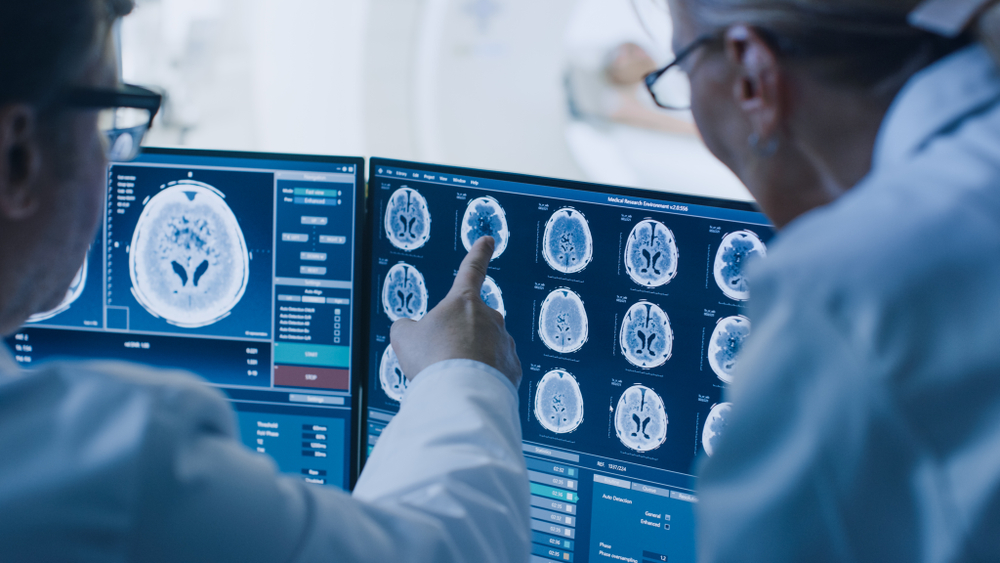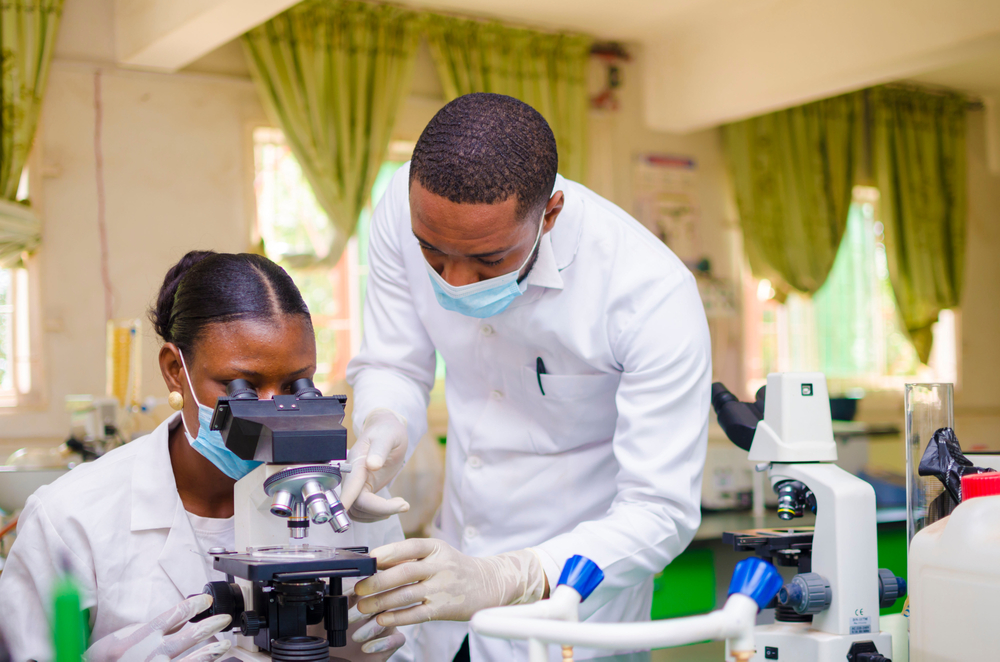


MANILA - Kidney-related diseases are one of the top causes of hospitalization and death globally, with around 1.23 million attributable deaths before the pandemic. In the Philippines, end-stage renal disease is the sixth leading killer among Filipinos. In 2020, during the initial surge of the COVID-19 pandemic, the National Kidney Transplant Institute (NKTI) recorded 65,016 hemodialysis sessions and 474 peritoneal dialysis sessions. The pandemic, which is still ongoing, has exacerbated the pain points experienced both by patients suffering from chronic kidney disease and clinicians.
Differing patient challenges
Best patient outcomes for chronic kidney disease are often hindered by several factors, including the high cost of dialysis service, unavailability of dialysis services for patients who live in remote areas, forcing them to travel frequently, having other diseases on top of their renal condition, and, most commonly, the late appearance of symptoms or infections.
Patient behavior also affects their quality of life. Common reasons for this include the burden associated with their disease symptoms, such as muscle cramps and joint pains, the inability to detect early symptoms of infection, and the inability to strictly adhere to their medication therapy regimens and intake of fluids
Patients' emotions can also play a major factor in the success of their management. They feel differently when they are being cared for at home versus when they are physically in the hospital, for example. Dr Donnah De Leon, head of NKTI Peritoneal Dialysis, noted that “patients fear that if they are not in the hospital, they will receive less care.”
Clinician obstacles in kidney care
As a developing country, the Philippines faces many challenges in the d
The content herein is subject to copyright by The Yuan. All rights reserved. The content of the services is owned or licensed to The Yuan. Such content from The Yuan may be shared and reprinted but must clearly identify The Yuan as its original source. Content from a third-party copyright holder identified in the copyright notice contained in such third party’s content appearing in The Yuan must likewise be clearly labeled as such. Continue with Linkedin
Continue with Linkedin
 Continue with Google
Continue with Google







 1475 views
1475 views










